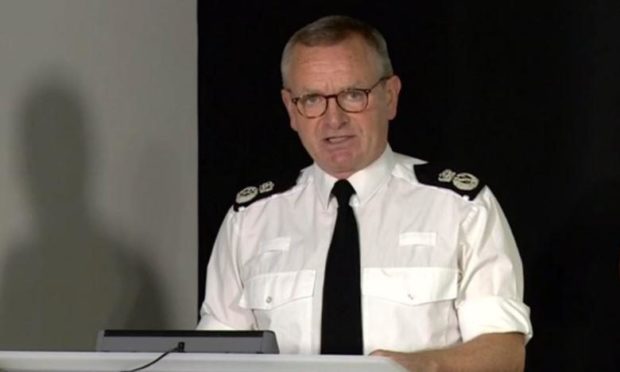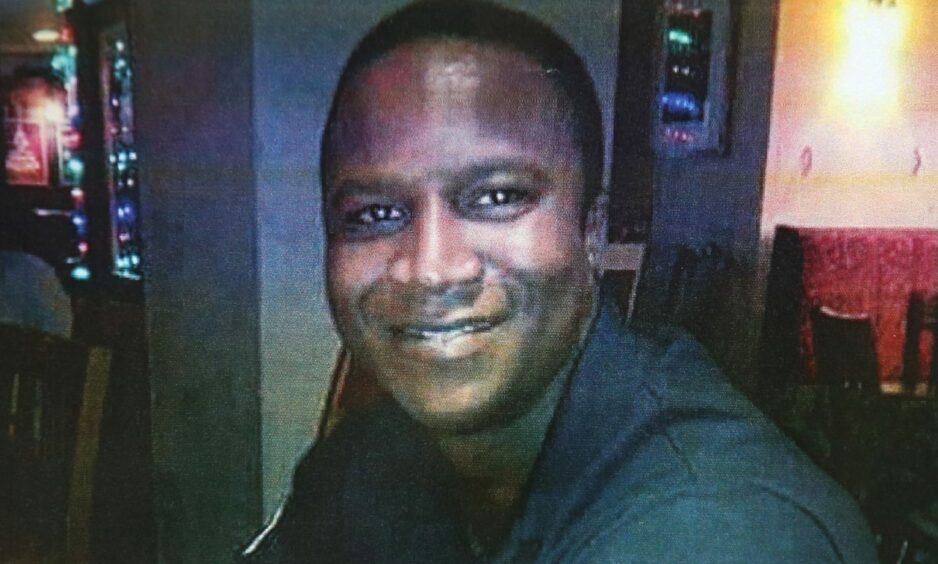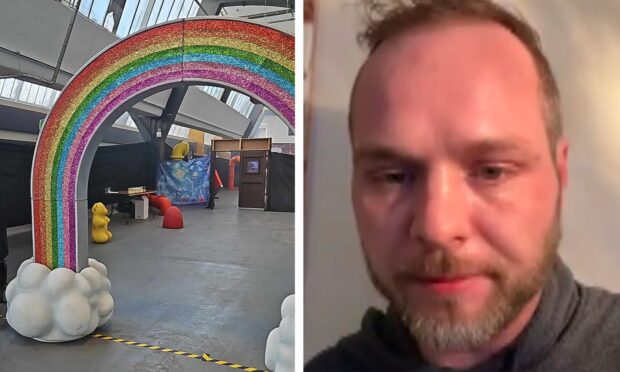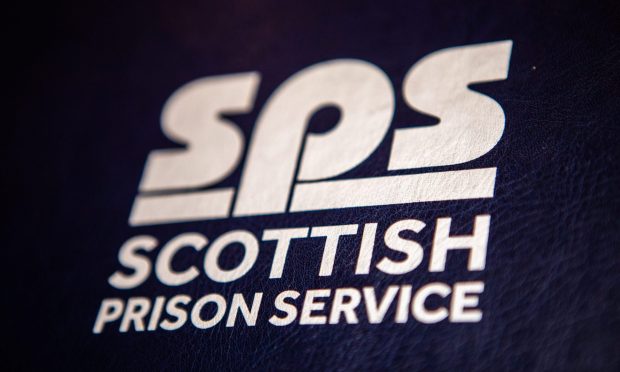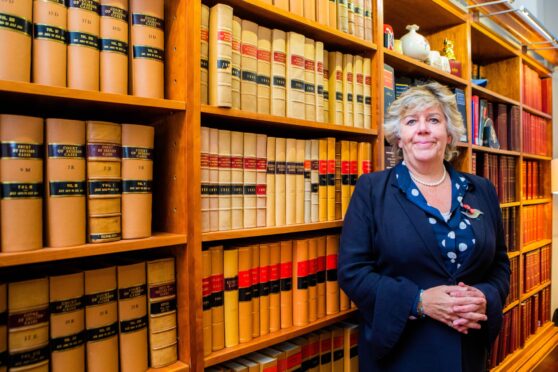The chief constable of Police Scotland has said the force “is institutionally racist”.
Addressing a meeting of the Scottish Police Authority (SPA) on Thursday, Sir Iain Livingstone said while the term can be “misinterpreted or misrepresented as unfair and personal critical assessments of police officers and police staff as individuals”, it is right for him to acknowledge the issues within the force.
He also said publicly acknowledging that these institutional issues exist is “essential to our absolute commitment to championing equality and becoming an anti-racist service”.
Police Scotland chief admits ‘institutional racism exists’
Sir Iain said: “It is right for me, the right thing for me to do as chief constable, to clearly state that institutional racism, sexism, misogyny and discrimination exist.
“Police Scotland is institutionally racist and discriminatory.
“Publicly acknowledging these institutional issues exist is essential to our absolute commitment to championing equality and becoming an anti-racist service. It is also critical to our determination to lead wider change in society.
“Prejudice and bad behaviour within policing, as highlighted by court and conduct cases, various independent reviews and by listening to our own officers and staff over recent years, is rightly of great concern and is utterly condemned.
“There is no place in Police Scotland for those who reject our values and standards.
“Our vigilance as an organisation has never been stronger, rigorous recruitment; enhanced vetting; more visible conduct outcomes; and a focus on prevention.”
Up to force to challenge bias
He also put the “onus” on the force to rid itself of institutional racism.
He told the SPA meeting: “A candid, clear assessment of institutional discrimination means recognising our absolute duty to provide just and effective policing for all according to their specific needs and circumstances.
“It also requires identifying and removing the deep-rooted barriers to achieving this. These are necessary steps to progress the commitment that Police Scotland will be anti-racist; a personal commitment I made to my fellow citizens at the commencement of the public inquiry into the death of Sheku Bayoh.”
“And, as a commitment to the people of Scotland, it is also a commitment to Sheku Bayoh’s family and loved ones.
“The onus is on us, the police service, to address gaps and challenge bias, known or unwitting, at every level, wherever bias occurs, to maintain and build confidence with all communities.”
Family of Sheku Bayoh thank Chief Constable for ‘raising voice’
Aamer Anwar, the solicitor acting on behalf of Mr Bayoh’s family said: “The family of Sheku Bayoh want me to thank the Chief Constable for raising his voice for the truth and being brave enough to say what black and Asian communities have known for decades.
“The Sheku Bayoh family also want me to place record their thanks to the Chief Constable for his compassion and empathy, wishing him all the best in his future.
Fighting for a proper investigation, never mind achieving robust and meaningful change, has involved the Bayoh’s in enormous challenges and obstacles at great personal cost to the emotional and physical health of their family, young and old.”
He added: “The Chief Constable has set a challenge not just for the Police Service of Scotland, but to all police forces throughout the United Kingdom.
“In the end the real test on institutional racism, will not be the sympathy expressed for families like those of Sheku Bayoh but whether this country acts to ensure that real change takes place in our all-powerful police service.”
Inquiry welcomes Police chief’s statement
Chair of the Sheku Bayoh Inquiry, Lord Bracadale, has issued the following comment in response to the statement by the Chief Constable today at a meeting of the Scottish Police Authority.
Lord Bracadale, said: “The Inquiry welcomes the statement today by the Chief Constable of Police Scotland.
“The Sheku Bayoh Inquiry was set up to examine the events surrounding the death of Mr Bayoh, including whether race was a factor in those events. I look forward to the continued co-operation of Police Scotland in the work of the inquiry.”
